The environmental community is mourning the loss of two champions of Columbia River Gorge conservation
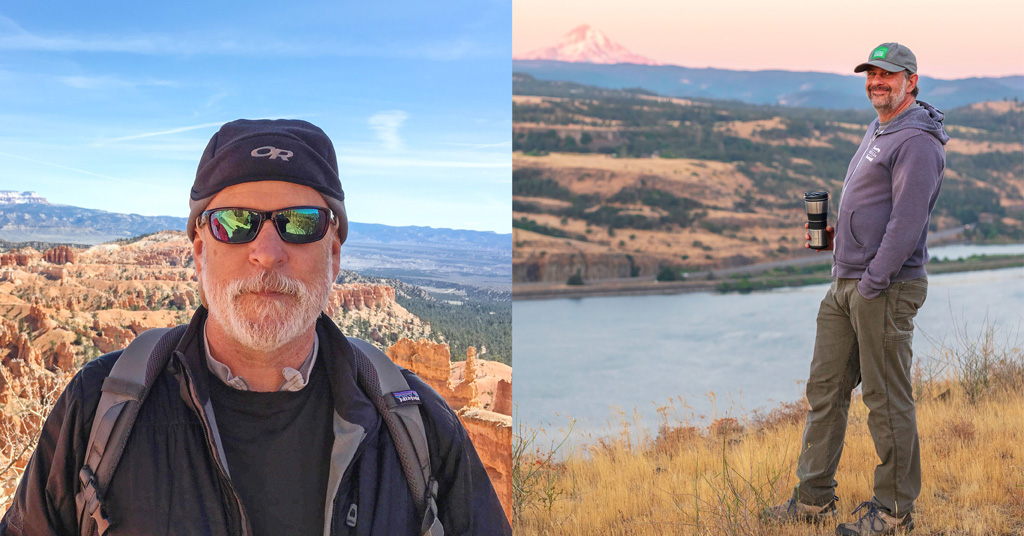
Tim Counihan in Utah and Dan Bell at Heartleaf Bluffs in Washington. Photos: Jen Bayer (Counihan), Friends of the Columbia Gorge (Bell)
By Ava Rudensey and Malia Perry. June 21, 2024. The first time Tim Counihan looked at a drop of pond water under a microscope, on a middle school field trip, he was hooked.
“It was teeming with life,” he later remembered.
An abiding fascination with the hidden stories inside water remained with him throughout his life.
Ultimately it led Counihan, who died on April 28 at the age of 65, from his early days in the Chicago area to the Columbia River Gorge.
He began his life in the Pacific Northwest studying the impact of hydropower on salmon and steelhead populations for the United States Geological Survey.
He remained with the USGS for more than 30 years, devoting himself to multiple studies and projects.
A firm believer in civic responsibility, he also served as a city councillor for Hood River, Ore., in 2016 and again from 2019 to 2024.
As a lead research fishery biologist he recently investigated invasive species, such as the quagga and zebra mussels threatening the Columbia River.
His keen eye for details, especially the overlooked and unglamorous ones, distinguished Counihan among his peers. He once told avian biologist Miko Ruhlen that one of the things he loved most about his job was that it allowed him to “look at things that people haven’t looked at before in ways that people haven’t looked at them.”
His ability to understand root causes of issues was important to the last project he participated in.
At the Yakama Nation Fisheries Program he worked with a team developing a system to monitor invisible toxins entering the Columbia River.
As Laura Klasner Shira, an environmental engineer and colleague at YNFP, put it, Counihan worked to answer the most vital questions about Columbia River restoration efforts: “What is the state of the river? Is it getting better? Are we making a difference?”
Counihan’s wife, Jen, also a fishery biologist, told Columbia Insight how happy he’d been to “work with the Yakama Nation on this subject that is important to their cultural heritage and also to the rest of us who eat fish from our river in our backyard.”
Counihan’s work made a difference.
Dan Bell
In 2020, Dan Bell, land trust director for the Friends of the Columbia Gorge, seized a rare opportunity when he spearheaded the acquisition of a four-acre plot of land in the Catherine Creek Recreation Area, located eight miles east of Hood River, across the bridge in Washington.
The parcel was one of the last privately owned properties situated within 4,000 acres of protected public lands.
“In over twenty years of working with land trusts, it has happened to me only a handful of times: getting the opportunity to protect a piece of property that is both critically important and potentially transformative,” Bell wrote at the time. “More often than not, these properties have been targets of conservation for decades, then suddenly they become an opportunity when they go on the open market. You only get one chance, or the property may go to another buyer and never be conserved.”
Bell pounced, then navigated the Friends through a tricky negotiation and drawn-out purchase process.
Then, almost as soon as the sale was finalized, he moved to secure a second land package of more than a hundred acres slightly further east along the Columbia River.
Known as the Heartleaf Bluffs, that land is now the second-largest preserve owned by the Friends of the Columbia Gorge.
A unique spirit and ability to get things done were hallmarks of Bell, who passed away on June 8 following a heart attack. He was 52.
“He was highly respected for the professionalism he brought to his work—identifying lands in the Gorge in need of special protection and bringing together all the different agencies, people and financing needed to acquire them for the public or for the Friends of the Columbia Gorge Land Trust, ” said Buck Parker, a former Friends of the Columbia Gorge board member and chair (and a current Columbia Insight board member).
As land trust director for the Friends, Bell oversaw the acquisition, management and disposition of lands for the past six years.
He also spent seven years as the Oregon Nature Conservancy’s Willamette Basin conservation director.
“What set Dan apart from so many people was his unwavering, unflinching humanity,” wrote Friends of the Columbia Gorge Executive Director Kevin Gorman in a post on the organization’s Facebook page. “At his core, he was a very, very good person. He always worked toward the common good and sought pathways bound in caring for one another. His intelligence was wrapped in wisdom wrapped in empathy.”
Columbia Insight reporter/intern Malia Perry is a native Oregonian and student at Brandeis University.
Hailing from Edmonds, Washington, Columbia Insight reporter/intern Ava Rudensey is a student at Brandeis University.


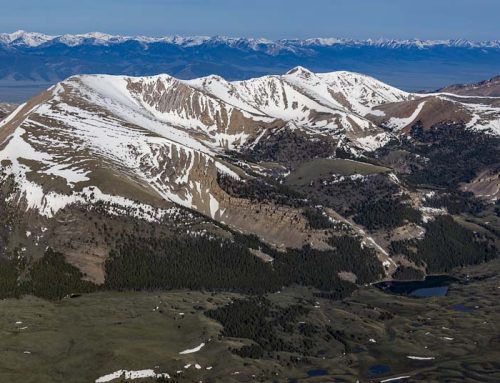
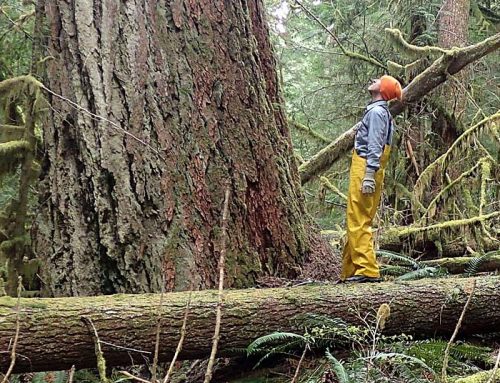
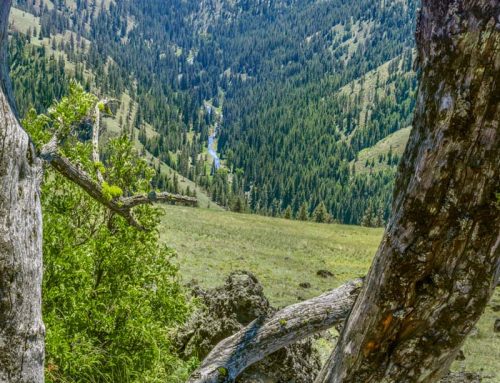
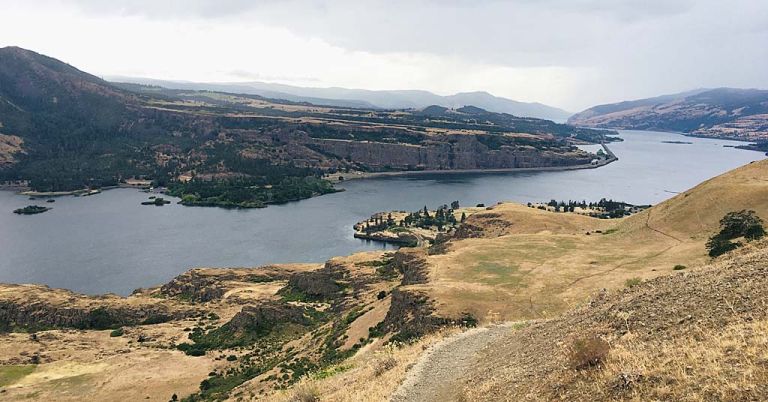
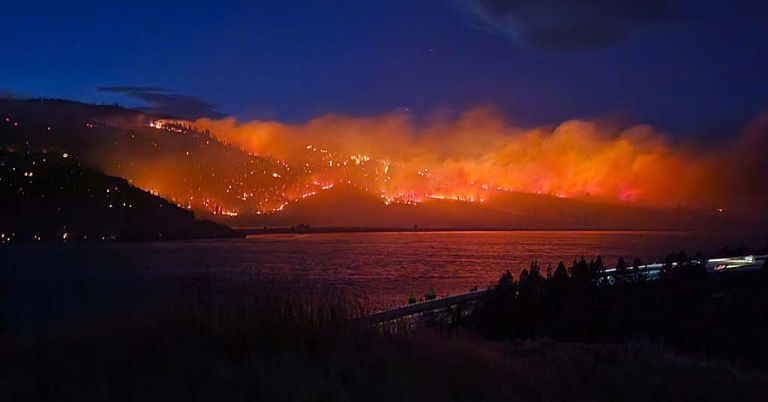
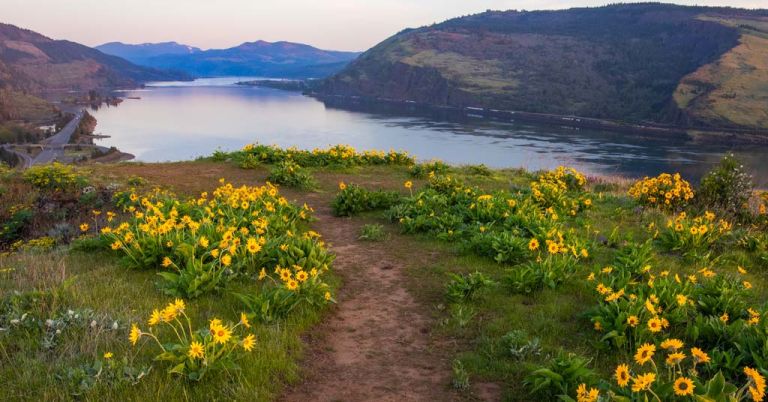
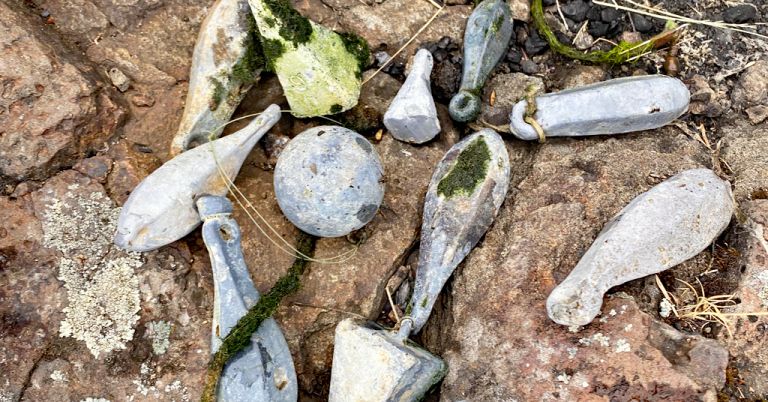


Malia and Ava and Chuck, excellent articles. They got me to know Tim and Dan better and appreciate the good work they did. They will be missed.